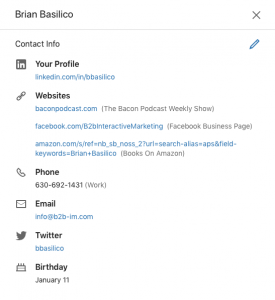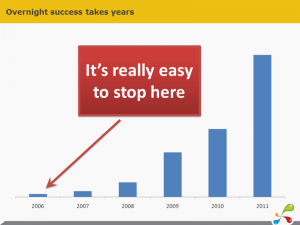— July 3, 2018

Free-Photos / Pixabay
So many professionals dream of going solo, but the questions loom:
How can I go solo when I have little to no savings?
How do I know my solo idea will really work?
When can I find the time to even focus on my solo business when I am bogged down with a full-time job?
These are all valid points. As much as many of us dream of being the bootstrapping entrepreneurs who give it up all to pursue their dreams, we often have more practical things getting in our way–real life responsibilities that we cannot just ignore as we try to carve out a corner for ourselves in the professional world.
But what if you could truly have it all–the bustling consulting business and the security of not having to leave your full-time job until your finances are really solid?
If you play your cards right, you can. Here’s how to get started.
Focus, Focus, Focus
Before you begin looking for clients or building your website, you need to have some honest heart-to-hearts with yourself. What are your real skills and contributions? What lack do others have that you can help fill? This is the most basic question you need to answer before starting any consulting venture.
According to consulting.com, “to build a consulting business, all you really need to do is focus on helping a specific group of people solve the problems they are facing.” So take out a pen and paper and ask yourself: “What do people really need help with? How can I help them?”
Once you’ve got this down pat, you’re ready to move forward and create a distinct value proposition. This is how you are going to help others get from point A (where they are now) to point B (their desired state). If the transformation is one that you have gone through personally, even better.
Find Your Niche
Now that you know the value you have to offer, its time to figure out exactly who to offer it to. To discover your niche, ask yourself the following:
- What industries/communities do you already know well?
- What are the individuals and organizations in those industries lacking?
- What experience and skills do you have that can help fill that lack?
You need to really narrow down who you are targeting here. Many rookie consultants make the mistake of trying to be too broad in their offerings and in the audiences they are targeting. The key here is to be as specific as you can about what you offer, and to whom you are offering it.
Start Small, Start Strong
You’ve developed your value proposition and narrowed down your audience. Congratulations. Now is the time to start developing and testing a marketing funnel. The first place to start is wherever your audience is. If your audience frequents certain Facebook groups, join them. If they go to conventions, go to the convention. Your first clients will likely be acquired through personal relationships and communications (don’t worry–scaling and automation come later–after you’re already bringing in money and quitting your day job).
Come to your audience with a very clear offering and be confident about the results you can help them achieve. The goal is to land a few starter clients that will give you the feedback and tools necessary to truly understand how to grow your business from the ground up.
Game On
The best part about this system? It doesn’t require your full attention. Try devoting 2-3 hours a week, and you will be way ahead of the game. The most important part here is really getting your core offering and messaging down, finding the right people, and securing their trust.
Once you’ve begun to taste success, you can move into more strategic marketing and business development. But you have to start somewhere, and the somewhere can be exactly where you are right now.
Business & Finance Articles on Business 2 Community
(69)







